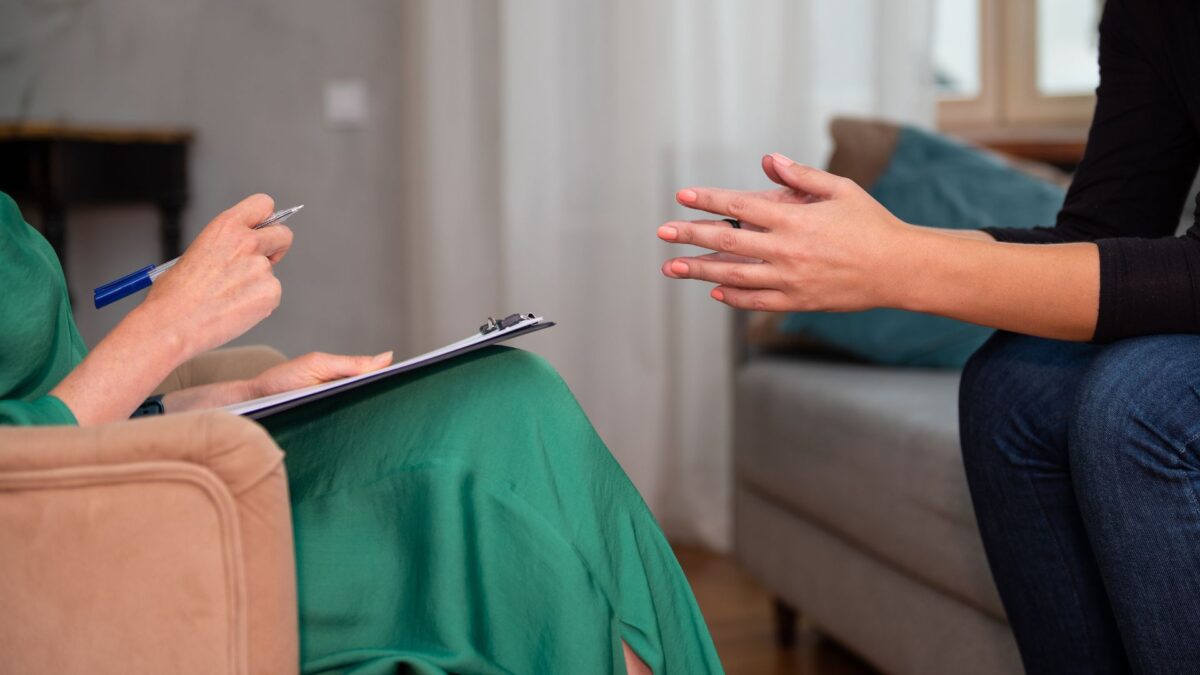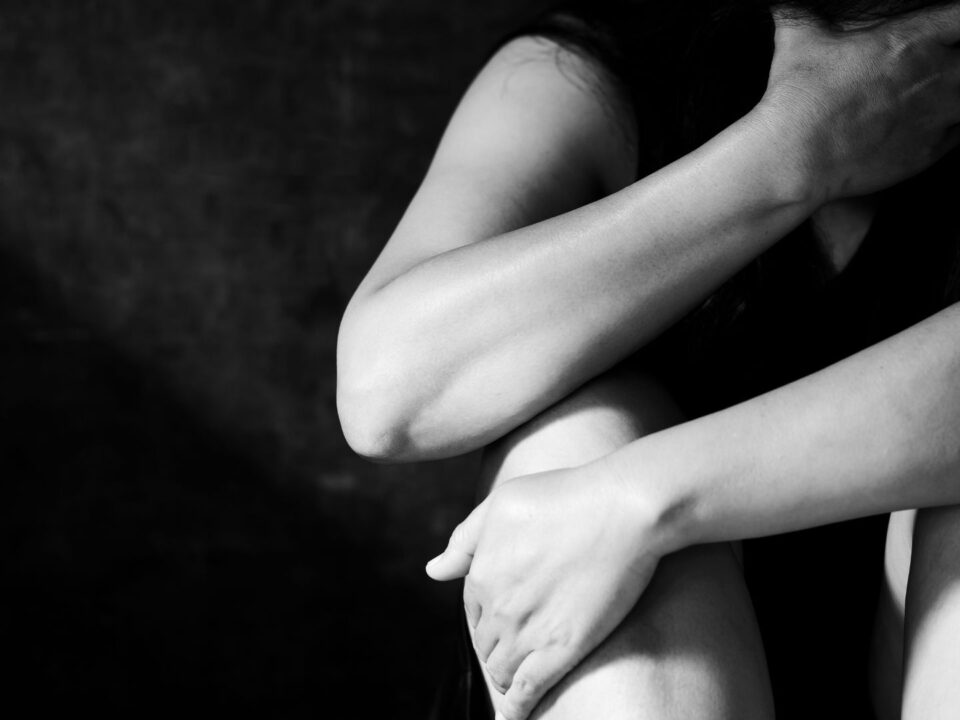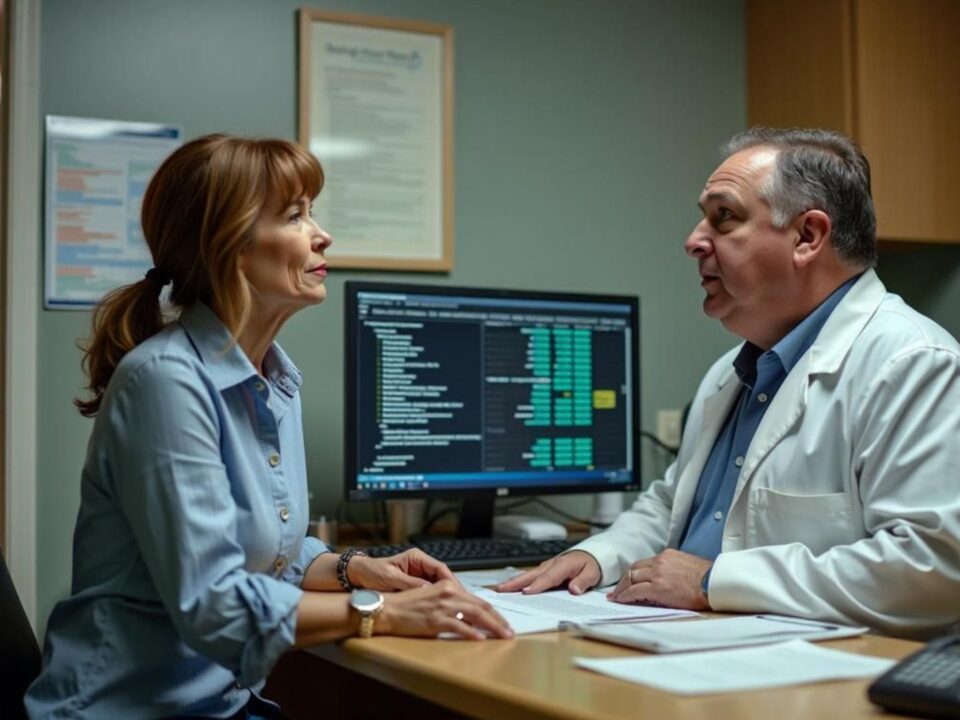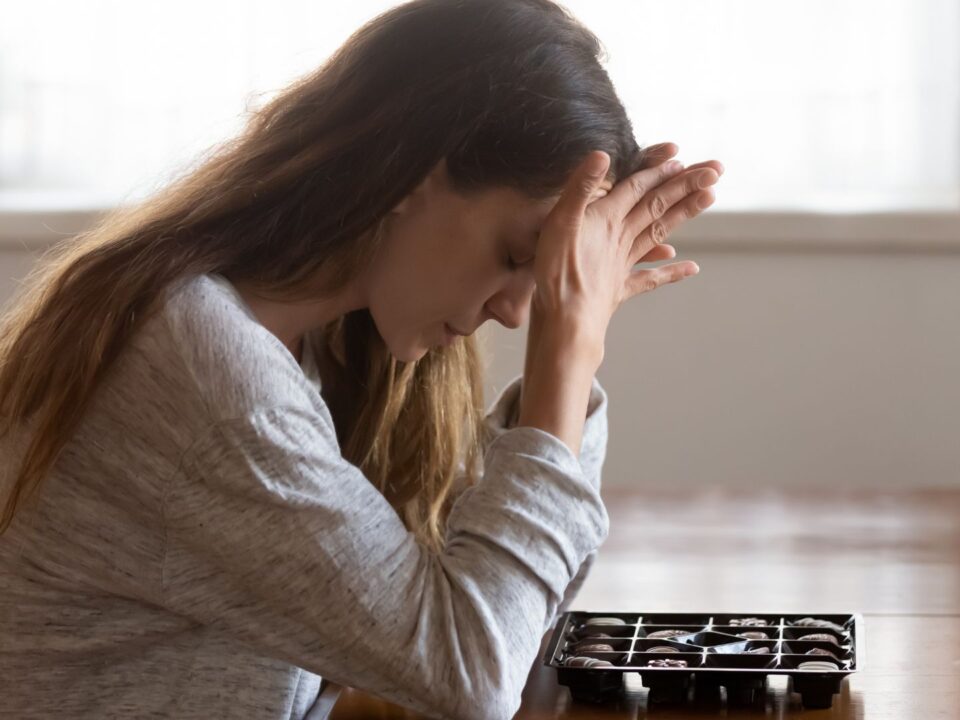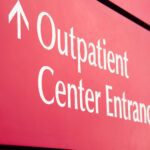
How to Enroll in an Intensive Outpatient Program in Indianapolis?
July 20, 2025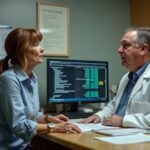
Why Holistic Approaches Are Key in Co-Occurring Disorders Treatment
July 23, 2025Are you or a loved one struggling with both mental health issues and addiction? It’s common to feel overwhelmed when dealing with co-occurring disorders. Balancing the demands of treating both can seem like an uphill battle. Better to have co-occurring disorders treatment now!
Did you know that many people aren’t even aware they have dual diagnoses? Co-occurring disorders, also known as dual diagnosis, involve having a mental health disorder and a substance use disorder at the same time.
This blog will explain how recovery centers are essential in treating co-occurring disorders. We’ll discuss the services offered, why individualized plans are crucial, and much more.
Ready for some clarity on this complex issue? Read on!
Key Takeaways
- Recovery centers offer integrated treatment plans for both mental health and substance use issues. They provide personalized care based on each patient’s unique needs.
- Professional staff training is crucial for effective dual diagnosis treatments. Skilled staff can handle complex conditions like BPD and schizophrenia.
- Support groups create a sense of community, helping individuals feel less isolated in their recovery journey. Activities like yoga and art therapy reduce stress.
- Evidence-based practices, such as cognitive-behavioral therapy (CBT) and medication management, ensure reliable treatment outcomes for co-occurring disorders.
- Early entry into a recovery center improves the chances of success in treating co-occurring disorders like Major Depressive Disorder (MDD) and Generalized Anxiety Disorder (GAD).
What Services Do Recovery Centers Offer for Co-Occurring Disorders Treatment?
Transitioning from understanding why recovery centers are essential, let’s explore the services they offer for co-occurring disorders treatment in Kokomo, Indiana.
Recovery centers provide both mental health and substance use disorder treatments. They offer counseling to help patients with different challenges. Programs may include group therapy sessions where individuals share experiences and support each other.
Cognitive-behavioral therapy (CBT) helps one change negative thought patterns.
Medication often plays a role in treatment for co-occurring disorders. Antidepressants or anti-anxiety medications address mental health issues while minimizing dependency risks. Support groups provide ongoing encouragement post-treatment.
Patients have access to self-care activities like yoga and meditation, enhancing overall well-being. These centers foster an environment conducive to growth and healing through various holistic approaches.
Why Tailored Treatment Plans Are Vital in Recovery Centers
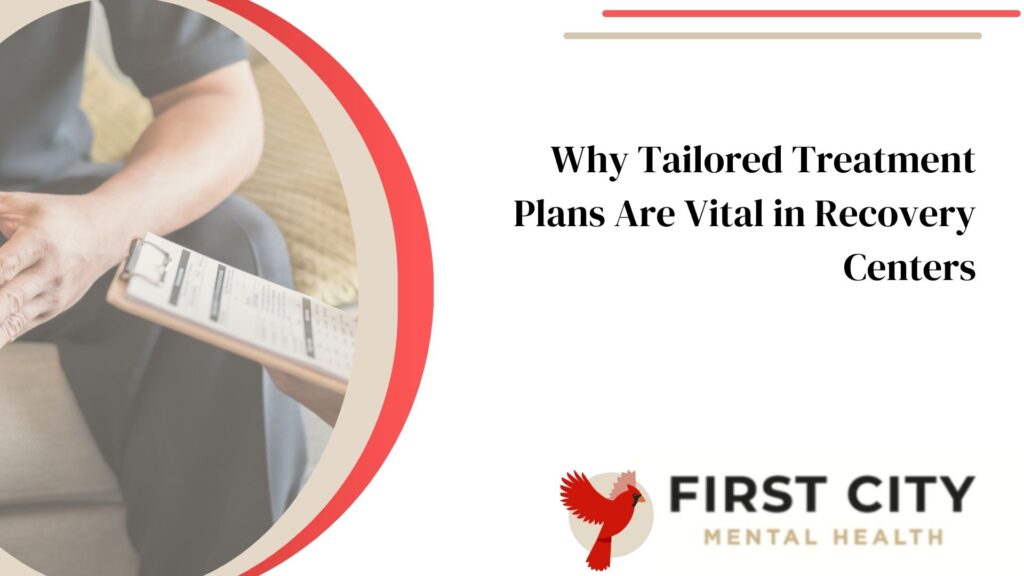
Personalized co occurring disorders treatment plans meet each person’s unique needs. In recovery centers, this approach becomes crucial for treating co-occurring disorders. Customized plans address specific issues such as substance use and mental health challenges.
For example, effective treatment for Borderline Personality Disorder (BPD) requires a mix of medication and therapy. People with ADD benefit from a combination of medication, lifestyle changes, and therapy sessions.
Each patient has different struggles that need special attention. Generalized treatments can miss these essential aspects. A customized plan provides targeted solutions to improve success rates in co-occurring disorders treatment centers.
Effective adult co-occurring disorders treatment often includes psychotherapy to develop healthier relationships. This personalized strategy ensures comprehensive care using integrated treatments suited to individual needs.
How Recovery Centers Foster a Supportive Community Environment
Recovery centers offer a vital network for those facing integrated treatment for co-occurring disorders. Support groups help individuals by giving them a safe space to share their experiences. This sense of community helps people feel less alone in their struggles.
Therapies like yoga, art therapy, and meditation also play key roles. These activities reduce stress and build emotional resilience. Each session offers comfort and healing through shared experiences.
Where Recovery Centers Fit in the Continuum of Care
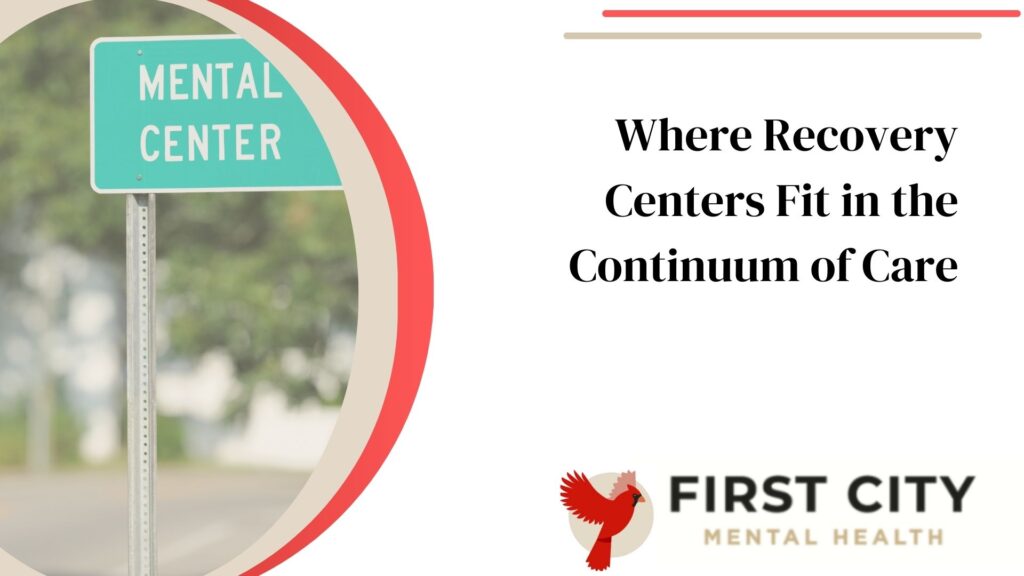
While building a supportive community environment is crucial, recovery centers also play a vital role in ongoing treatment. These centers act as a bridge between initial diagnosis and long-term care.
They provide structured environments that offer consistent support.
Treatments for ADHD, schizophrenia, PTSD, and bipolar I all require continuous care. For instance, about 1% of the population lives with schizophrenia. This creates an ongoing need for structured support systems provided by recovery centers.
Treatment for co-occurring disorders programs help manage complicated cases by offering integrated approaches customized to individual needs.
These facilities command attention in the continuum of care because they cater to complex conditions like co-occurring disorders. Each person gets personalized plans that address both mental health issues and substance abuse simultaneously.
This dual approach improves overall outcomes significantly while preparing individuals for sustained success post-treatment.
When Is the Best Time to Enter a Recovery Center for Dual Diagnosis?
Entering a recovery center is critical for treating co-occurring disorders. Early diagnosis and co-occurring disorders treatment centers greatly help Major Depressive Disorder (MDD). Mood issues, such as depression or bipolar disorder, see better results with prompt action.
Suicidality is often linked to mental health conditions like anxiety disorders. Stressors further this risk, making timely entry essential. Addressing symptoms early can improve outcomes in conditions like Generalized Anxiety Disorder (GAD) and panic disorder.
Timely intervention helps stop the cycle of distress, guiding patients toward a healthier path swiftly.
How Do Recovery Centers Utilize Evidence-Based Practices?
Recovery centers use evidence-based practices to treat co-occurring disorders by employing therapies like cognitive-behavioral therapy (CBT). CBT helps manage anxiety, which often accompanies other mental health issues.
Medication is another cornerstone, especially for conditions such as ADD and BPD. Treating OCD involves targeting compulsions and obsessions, affecting around 1-2% of people.
These centers also utilize psychotherapy alongside medication management to treat mood disorders effectively for adult co-occurring disorders treatment. These methods have scientific backing, ensuring their reliability in achieving positive outcomes.
Integrated treatment plans address both mental health and substance use issues together, offering comprehensive care for individuals seeking help.
What Are the Success Rates of Recovery Centers for Co-Occurring Disorders?
Statistics showcase the effectiveness of recovery centers in treatment for co occurring disorders. Here’s a general detailed look at success rates:
| Disorder | Success Rate | Notes |
|---|---|---|
| OCD | 60-70% | Evidence-based treatment critical |
| ADHD | 50-60% | Effective treatment strategies needed |
| Schizophrenia | 30-40% | Essential role of recovery centers |
| Bipolar Disorder | Varies significantly | Depends on treatment adherence |
Professional staff training is key to these success rates. Without specialized training, outcomes may suffer.
Why Professional Staff Training Matters in Recovery Centers
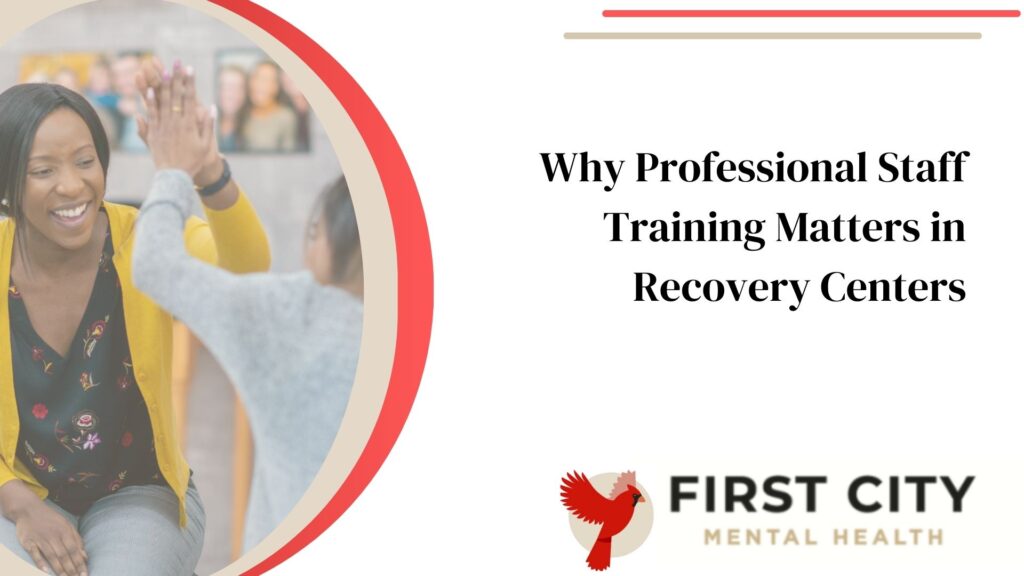
Success rates in recovery centers for the treatment of co-occurring disorders often depend on the skill level of the staff. Well-trained professionals know the complex needs of patients with dual diagnoses.
They can handle conditions like Borderline Personality Disorder (BPD) and schizophrenia, which require specific treatments.
Staff training is crucial for administering alternative therapies effectively. For example, yoga and art therapy demand specialized knowledge to offer real benefits. Skilled staff members improve overall patient outcomes by using evidence-based practices for the treatment of co-occurring disorders.
Final Thoughts
Recovery centers play a crucial role in co-occurring disorders treatment program. They offer integrated treatment plans that address both mental health and substance use issues. These centers also provide a supportive community, which is vital for recovery.
Professional staff training ensures effective care for complex cases. Considering this, seeking help from a recovery center can be life-changing.
FAQs
What are co-occurring disorders?
Co-occurring disorders refer to individuals experiencing both mental health issues and substance use problems. These conditions often occur together, complicating treatment.
Why is integrated treatment for co-occurring disorders important?
Integrated treatment addresses both mental health and substance use issues simultaneously. This approach increases the chances of successful recovery by treating the whole person.
How do recovery centers in Kokomo, Indiana help with co-occurring disorders treatment?
Recovery centers in Kokomo, Indiana provide specialized care for people with co occurring disorders. They offer comprehensive programs that include therapy, medical support, and lifestyle changes.
Can a person recover from co occurring disorders without professional help?
Professional help is crucial for effective treatment of co-occurring disorders. Recovery centers provide structured environments where patients receive continuous support tailored to their unique needs.


